Chef Marco Ambrosino on the meaning of the Mediterranean approach in contemporary society, in truly sustainable cuisine and in daily life.
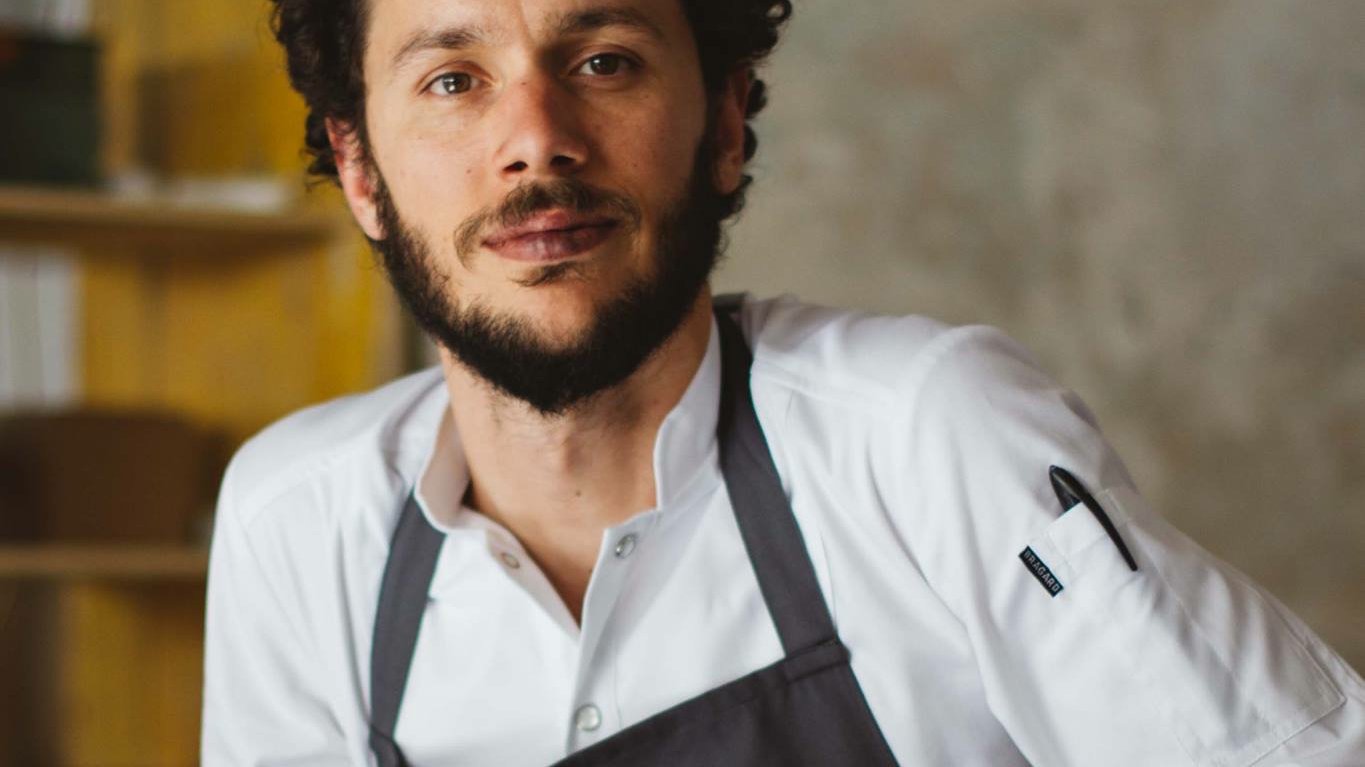
The word Mediterranean is commonly related to healthy diet and lifestyle and often based on wrong notions and senseless urban legends. But the peculiar characteristics of this area could become a virtuous base for a radius future, oriented towards nutritional and cultural awareness. We will analyze the topic with Marco Ambrosino, Chef and Founder of Collettivo Mediterraneo, a project of social and intellectual inclusion, narrating Mediterranean biodiversity.
We developed the topic in relation to the future of alimentation, the future of fine dining and of our society; a society that seems more and more oriented towards sustainability, with very modest results.
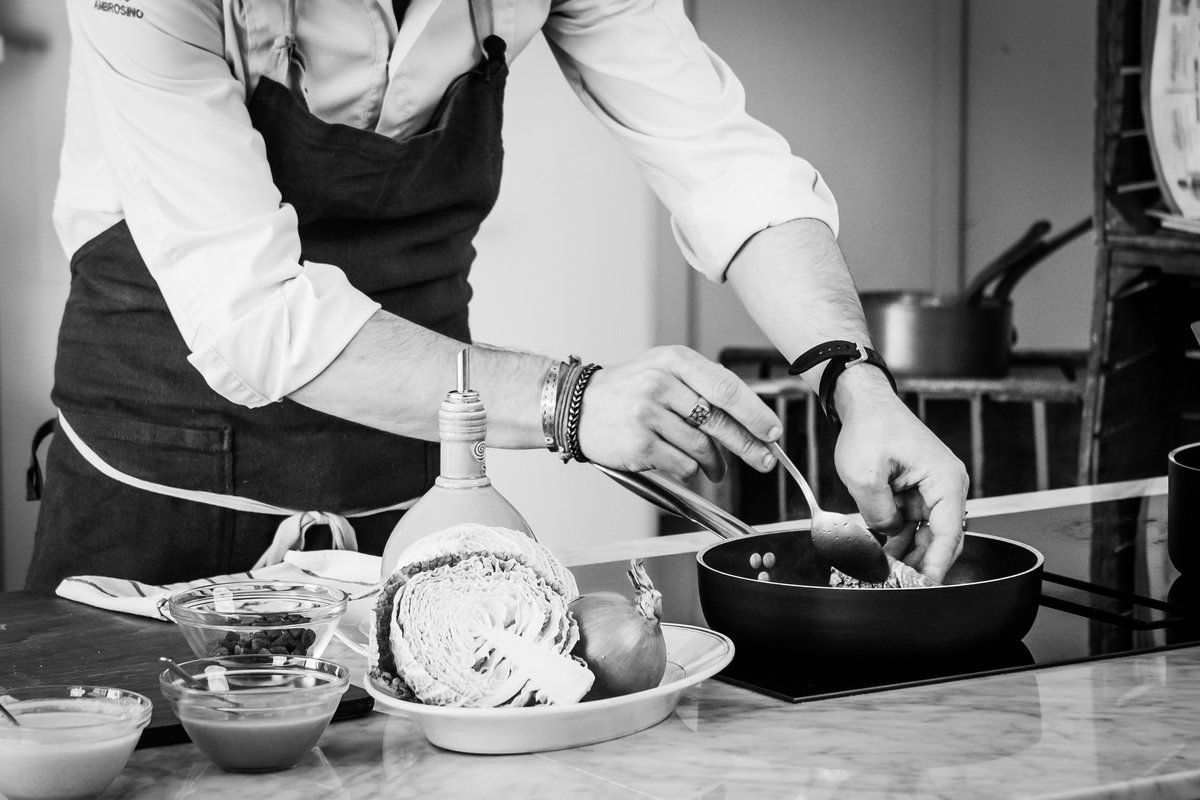
Dining at a restaurant still means to consume one of the meals of the week: too many degustation menus are opulent and not particularly salubrious. What do you think about it?
I personally find the degustation menu to be the most effective way of discovering creative cuisine, but it shouldn’t be the fixed rule. Chefs often forget to actually serve clients and start to ask for empty stomachs, total attention and mass pilgrimages. The role of restaurants has always been, after all, to nourish and create an evening which was different from the domestic experience. To enjoy a good company, to celebrate an occasion: these events cannot be submitted to the restaurant’s gastronomic extravaganza. Logically high level experiences must assume value and underline themselves, without losing the attention to “what’s after the meal”, to digestion and memories. Sometimes we indeed leave a restaurant completely exhausted and food-sick, turning a wonderful moment into an unhealthy nightmare.
It is also obvious how the clientele is diversified, formed by professional eaters, world-travelers and less interested people who just want to live a different moment, without necessarily being informed about technical details. During the last years we reduced the tables number, limited the offer and filtered the guests, finding ourselves in front of celebrated yet economically unsustainable restaurants. Fine dining must open itself, at list its majority, to more individuals: enlightened hard-to-understand dishes destroy the primal idea of cooking and should only be proposed by a few chefs, the ones really able to create avant-garde.
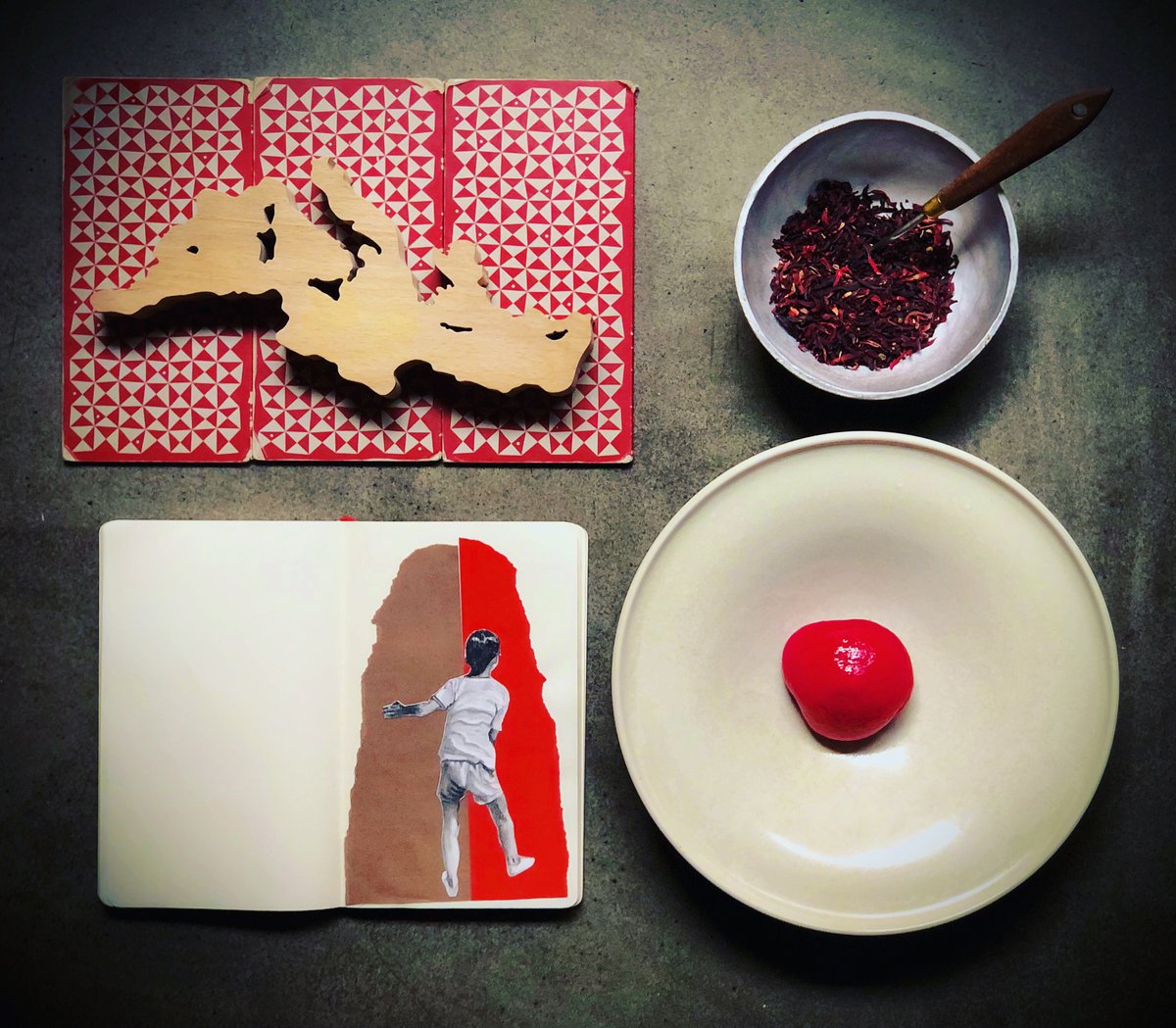
We often talk about “Mediterranean diet” and health, also following wrong notions and urban legends. Could you describe your balanced diet?
The basic principle sustaining a correct diet lives within the words “biodiversity” and “differentiation”. We should eat all the natural produce the proximity guarantees us, leaving space to plants: it is not possible or suggested anymore to impose our desires on nature, on a tired ocean, on a sterile soil.
Vegetables, fruits, cereals and legumes, but also marine plants, become the narrating voices of a balanced alimentation which will be crowned, during rare celebrations, by animal proteins.
It is therefore self-evident how the industrial offer, which is the real force attracting costumers induced demand, should replace itself into different wave lengths.
I still remember how local supermarkets, during my Noma internship, started selling particular herbs thanks to the fame acquired after René Redzepi’s dishes. An interesting example of how an industry can follow a Chef and smartly adapt itself.
The last few years allowed us to virtually be everywhere in every moment, and to participate to the collective debate live and from all around the Globe.
I however believe that real professionals should be distinguished by simply opinionated people, otherwise we validate everyone’s idea, without separating expert chefs from passionate content creators, or nutrition experts from improvised web dietitians. The future of our wellbeing passes from our food shopping, and it’s a fragile box to be left in wrong hands.
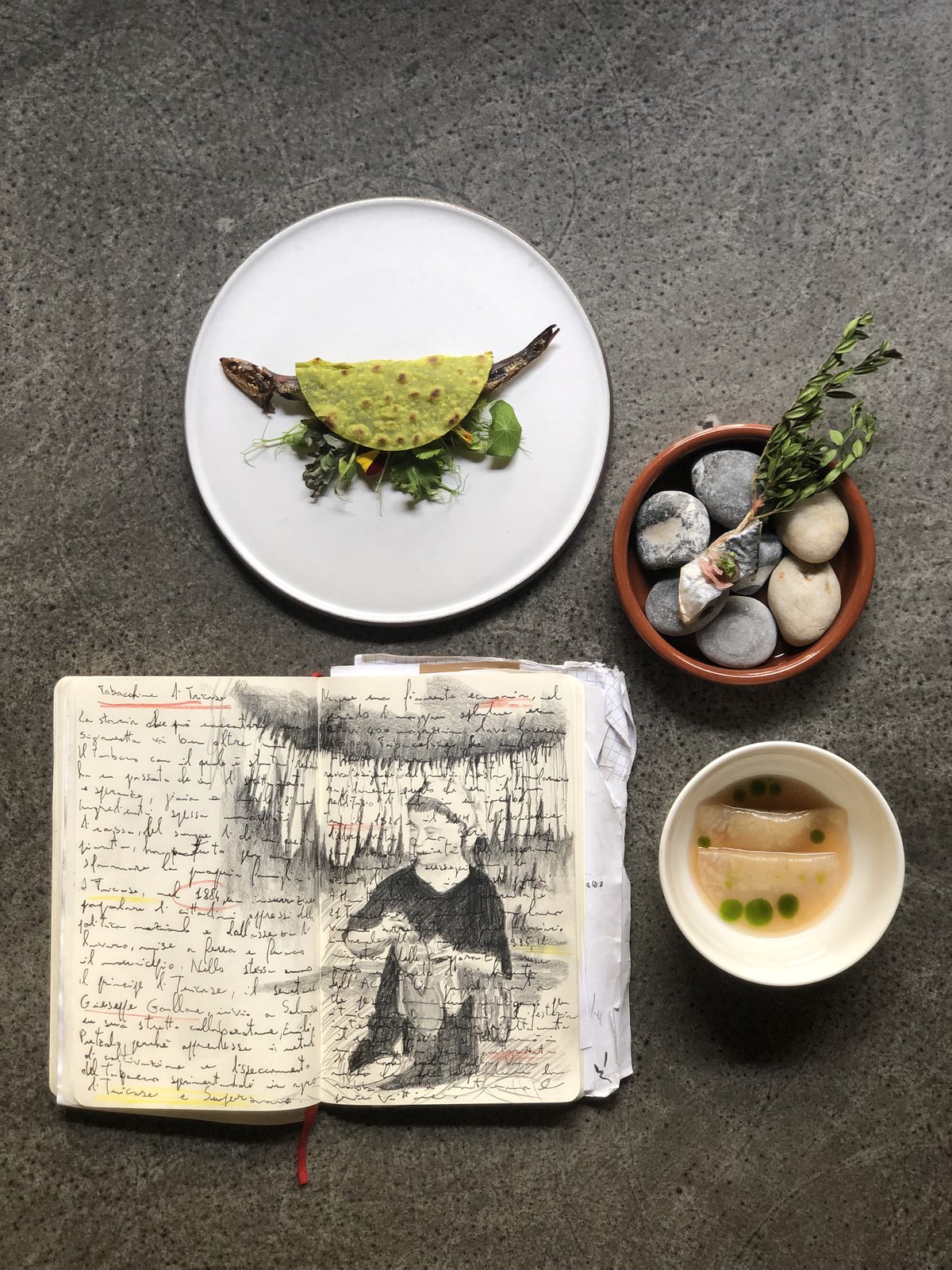
Lately the dichotomy between modern foods and ancient knowledge developed itself as never before. Is it truly the correct road to sustainability?
I definitely think so.
For years Chefs obsessively focused themselves in refining techniques and skills, commonly avoiding the studies around the primal produce an its chain, seeing the ingredient as a mere tool to pursuit taste perfection. It was an ego exercise.
We don’t have that luxury nowadays, we all have the information about ancient cereals, fish seasonality or invasive spices, just one click away.
This dialogue between new and past always founded the mediterranean approach: the diet we talked about is not something old that we miraculously manage to keep alive, but a continuous layering of diverse origins and far stimulations. Let’s think about tomatoes: they are canonically associated to these lands, but were introduced here not a long time ago.
We cannot forget how the real roots of Mediterranean, such as fermentations, are often a mistake of transportation or conservation turned into what we now identify as a treasure.
And we also must not forget how the Mediterranean cultural richness is the result of continuous populations interactions: pizza comes from pita, eggplant parmigiana was introduced after Arabs, and we could go on with a long list; this consciousnesses union and this taste influences are very emotional and donate life to life itself, it recharges it and safely brings it into the future.
And future actually relies on shared ideas and know-how, accepting proximity and local products.
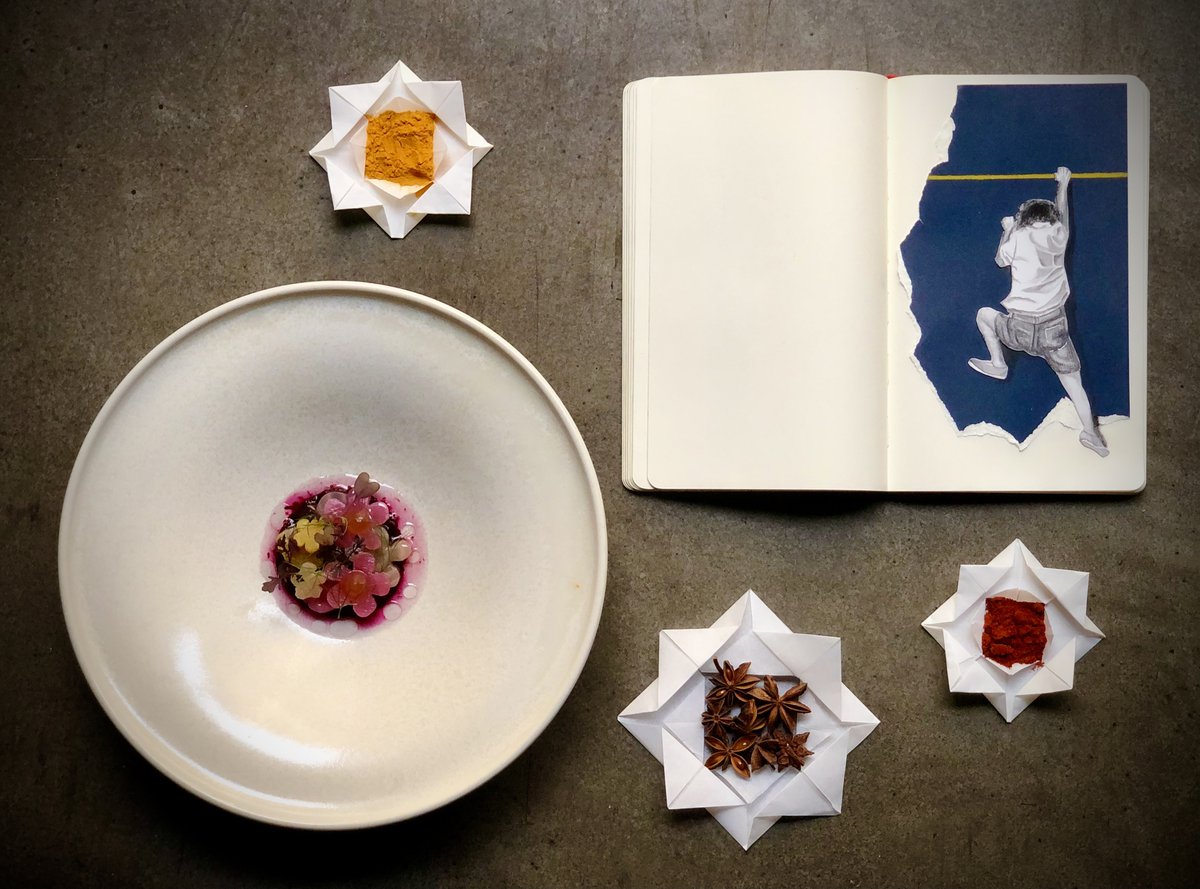
No waste. Are we re-using or creating waste? How do we really quit this soil destruction?
Waste is sadly often interpreted by Chefs as an exercise, as a narcissistic mirror to show talent, or even as a hypocritical attempt to sound sustainable.
Truth is that we generally create unnecessary waste. It actually is a modern idea, born along with culinary refinements, as it never belonged ancient past.
To justify redundant practices and beautiful menu sentences we see preparations like roots peels chips, washed under a lot of running water, baked or maybe vacuumed in plastic bags and cooked sous-vide: are we sure that a skin worths this energy waste? Wouldn’t actually be better to not peel the root at all? Do roots really have a skin? And then we all cook offals: and where’s the rest of the animal? And then we promote vegetables stems: how about the rest?
We must modify the tale and make it pragmatic, communicating it through the media power of great chefs and cross industrial sizes with small farmers wisdom. It takes a lot of determination to re-find ancient recipes, whole cooked ingredients and leftovers long lives; we also need to find pleasure in a mostly local clientele, limiting the international restaurant appeal; we need to understand the fact that we walk on the soil and we can’t continue to offend it.
Enlightened projects such as the Collettivo Mediterraneo one, help to research on those solid origins that allowed the progression of our endangered humanity.
We thought we could modify a natural world we believed to be separated from us, with devastating consequences.
A reaction is necessary, is requested: a new generation of Chefs is trying to find ways to solve this massive problem and we should all listen to what the Planet suggests us, understanding its fragilities and protecting it from our ruthless brutality. We must do it, probably, for ourselves: perhaps life on Earth is still certain for a long time, but for how long we will still enjoy a livable environment?
